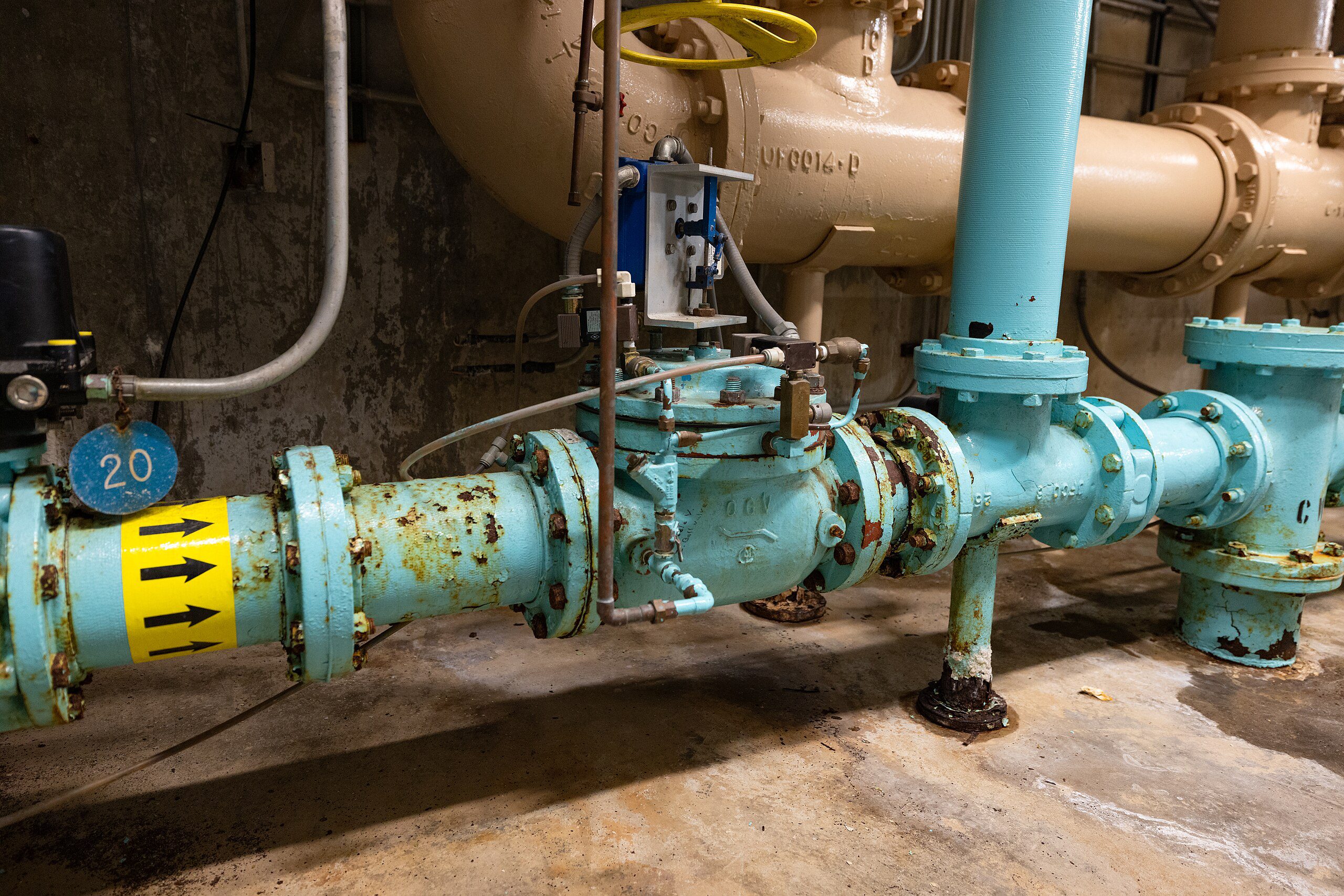- Proposed legislation would unlock federal loan access for local water projects.
- The bill clarifies that certain loans repaid with local revenue are non-federal.
- Local officials praise the bill’s potential to speed up critical infrastructure work.
- The legislation impacts drinking water, wastewater, and stormwater systems.
Monday, May 19, 2025 — A bipartisan group of lawmakers has introduced legislation that could significantly change how Western states fund critical water infrastructure. On May 13, 2025, Senators John Curtis of Utah and Mark Kelly of Arizona introduced the Restoring WIFIA Eligibility Act of 2025 . This bill proposes key amendments to the Water Infrastructure Finance and Innovation Act of 2014
. This bill proposes key amendments to the Water Infrastructure Finance and Innovation Act of 2014 , addressing long-standing confusion about the eligibility of certain water projects for federal loan assistance.
, addressing long-standing confusion about the eligibility of certain water projects for federal loan assistance.
The legislation would allow local governments and water agencies to more easily access low-interest federal loans for drinking water, wastewater, and stormwater projects—especially those involving both federal and non-federal funding sources.
Addressing a Budgetary Roadblock.
Since its passage, the Water Infrastructure Finance and Innovation Act—commonly known as WIFIA—has provided affordable financing for major water projects. These loans come with fixed low interest rates, flexible repayment schedules, and a draw-as-needed structure that makes them ideal for large-scale infrastructure work.
However, some projects managed by local or regional agencies have been ruled ineligible for WIFIA support simply because they involve some level of federal participation. The issue stems from how these projects are classified under federal budget rules. If a project includes any federal involvement—even minor—the entire effort can be labeled as “federal,” making it ineligible for WIFIA support, which is restricted to non-federal borrowers.
The Restoring WIFIA Eligibility Act would eliminate this barrier. It clarifies that if a project is led by a non-federal entity and will be repaid using non-federal revenue, it will be treated as non-federal for budgeting purposes, even if federal funds were involved elsewhere in the project.
As written in the legislation, “if the recipient of financial assistance… is an eligible entity other than a Federal entity, agency, or instrumentality, and the dedicated sources of repayment… are non-Federal revenue sources, the financial assistance shall… be deemed to be non-Federal” and “be treated as a direct loan or loan guarantee” under the Federal Credit Reform Act of 1990.
Local Leaders and Lawmakers Show Support.
Lawmakers sponsoring the bill emphasized the urgency of modernizing the West’s water systems amid drought and population growth.
“Utah’s rapid population growth is placing significant pressure on our community water resources,” said Senator Curtis . “This bipartisan legislation would make it easier for local governments and utilities to invest in critical water infrastructure projects.”
. “This bipartisan legislation would make it easier for local governments and utilities to invest in critical water infrastructure projects.”
Senator Kelly echoed this need in Arizona , stating, “Our bipartisan bill will cut red tape to give more projects access to federal funding, which will help modernize our water infrastructure and address critical water challenges facing communities in Arizona and the western U.S.”
, stating, “Our bipartisan bill will cut red tape to give more projects access to federal funding, which will help modernize our water infrastructure and address critical water challenges facing communities in Arizona and the western U.S.”
Congressman Jim Costa of California , who co-sponsored the House version of the bill, said the legislation gives water managers in California and the San Joaquin Valley “the tools they need to expand water storage and ensure clean drinking water.” His colleague, Congressman Dan Newhouse of Washington, added that the measure “gives our local water managers the tools they need to sustain long-term projects and guarantee clean, safe water that our communities, farmers, and ranchers rely on.”
, who co-sponsored the House version of the bill, said the legislation gives water managers in California and the San Joaquin Valley “the tools they need to expand water storage and ensure clean drinking water.” His colleague, Congressman Dan Newhouse of Washington, added that the measure “gives our local water managers the tools they need to sustain long-term projects and guarantee clean, safe water that our communities, farmers, and ranchers rely on.”
Water Districts Hail the Bill as a Game-Changer.
Water leaders across the West say the proposed legislation will streamline critical projects that have been delayed by confusing or restrictive funding rules.
“The legislation introduced by Senator Curtis is a practical solution that will accelerate essential water infrastructure projects,” said Gene Shawcroft, General Manager of the Central Utah Water Conservancy District. “Allowing federal loans, which are ultimately repaid by local dollars, to serve as the local match for WIFIA funding maximizes the impact of every dollar our communities invest.”
Zachary Renstrom, General Manager of the Washington County Water Conservancy District, noted that the bill could unlock new innovations: “Senator Curtis’ legislation will enable water districts to invest in innovative projects like our Regional Reuse System, which will be critical as we face future droughts and increasing water demand.”
Broader Impact for the Colorado River Basin and Beyond.
If passed, the Restoring WIFIA Eligibility Act of 2025 could benefit a wide range of communities across the Colorado River Basin and other parts of the western United States. It offers a clearer pathway for local water districts, municipalities, and cooperatives to access federal financing tools—without unnecessary red tape—at a time when modernizing water infrastructure is not just desirable but essential.
By clarifying eligibility requirements, the legislation opens the door to dozens of large-scale, shovel-ready projects that have been waiting for financial clarity to proceed.

